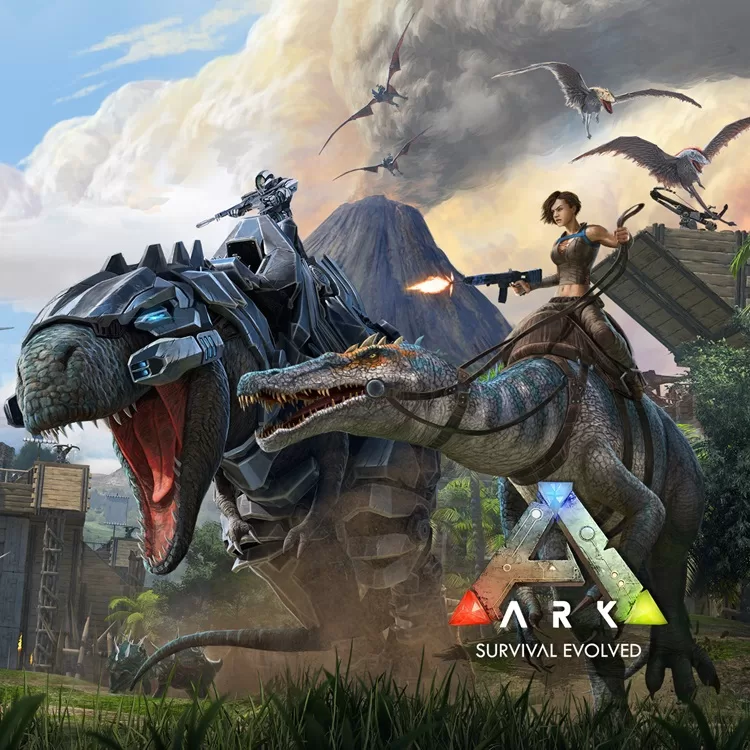Game Consultants for Indie to AAA Studios
Projects our team has worked on

Pokemon GO

Ark Survival Evolved

Minecraft

Halo Infinite

Catan

Crucible

Elo Hell

Epsilon

Pokemon Go

Ark Survival Evolved

Minecraft

Halo Infinite

Catan

Crucible

Elo Hell

Epsilon
Game Challenges
Delays, crunch, and tech debt hold teams back. Missed milestones pile up, builds become unstable, and team morale drops. We help you identify these roadblocks early and remove them, so progress feels natural again and your project can move forward with confidence.
Service Overview
Project Management
We help you define scope, timelines, and resources so your plan stays on track.
Read more about Project Management
Production
We coordinate teams, track progress, and remove blockers to keep development moving.
Learn more about Game Production
Technical Guidance
We support your team with architecture decisions, service integration, and pipeline solutions.
Discover Technical Production Solutions
Let’s Talk About Your Game’s Challenges
Find Your Gaps
Game Design Basics
Check if your design foundations are strong enough to support your vision.
Is Your Design Player-Ready?
Game Production Health
See how well your workflows, planning, and teamwork are supporting delivery.
Check Your Production Workflow
Technical Evaluation Check
See if your technical practices can keep development on track.
Test Your Technical Setup
Testimonials
Toño quickly stepped in with process suggestions that were adopted and sped up our ability to put out work faster than it was coming in. Later, I found out that Toño, who was an engineer at the time, was scrum certified and had production experience. With that said, he understood which parts of the scrum process would be helpful on a small prototyping team, and which parts weren't critical due to our size and goals. His understanding of what we were making, how it needed to be made, and how to organize the team led to us coming back from behind and hitting our deadlines. In short, Toño sees the big picture, and is able to adjust the process to meet the moment. If he hadn't taken over the production process of that project, I'm not sure we would have made it.
I had the pleasure of working with Jorge at VVS on a demonstrable prototype feature for a live mobile game - while his role was as an Engineer, we also collaborated together to refine our company's existing Scrum and Agile processes. In terms of the deliverable, I found that Jorge could be relied on to make significant contributions to the prototype when speed and accuracy were of utmost importance, and he adapted easily when requirements changed.
I've known Toño for many years, from when he was a Masters in CS student at the college where we both teach. He brings strong production knowledge in addition to his considerable technical skills. Recently he taught a fantastic seminar at our college where he instructed students on game project scheduling and prioritization. I very much recommend him as a consultant for both his production and technical skills!
See What’s Possible for Your Team
A game consultant helps studios turn ambitious ideas into achievable plans. That often means aligning timelines, scope, and resources so development stays realistic and sustainable. If something doesn’t fit, whether it’s deadlines, scope, or team capacity, we step in early to adjust and keep things on track. The goal isn’t just to finish, but to ship your game in the best possible state within your real-world constraints.
Game development isn’t predictable, there’s discovery, experimentation, and constant shifts as teams push technology and creativity. Traditional project management expects stable inputs, but games rarely work that way. By combining game design knowledge with project management, we reduce risks, anticipate where experimentation is needed, and keep focus on the areas that create the most value.
Without a plan, teams fall into crunch, scope creep, and endless iteration. A clear plan sets expectations around scope, priorities, and timelines, giving everyone a shared roadmap. It doesn’t eliminate change, but it creates the structure needed to adapt quickly while keeping the project moving forward.
We use a mix of Waterfall, Scrum, and Kanban practices in a framework we call Games @ Scale (inspired by Scrum @ Scale). This lets each team work with the method that fits them best, while still meeting dependencies for others. We adapt to the software your studio already uses, Jira, Azure DevOps, Trello, or whatever tool keeps your team productive.
We start by reviewing where the project stands, scope, priorities, resources, and timelines. From there, we identify the gaps and work with you to balance scope, extend schedules, or adjust resources. This creates realistic paths forward, so your team can deliver without burning out or losing focus.
The cost of game consulting depends on your studio’s goals and the type of support you need. Some teams bring us in for focused, short-term help, like setting up a build pipeline, automated testing, or production workflows, while others engage us for ongoing production consulting or fractional leadership. We structure our programs to fit different budgets, whether you’re an indie team looking for guidance or an established studio needing deeper involvement. The best way to understand cost is to start with your scope, timeline, and resources, then we’ll recommend an approach that ensures your game ships in the best way possible within those constraints.
